Trump’s Jerusalem declaration provides those who believe in one democratic state across Israel-Palestine a golden opportunity. Now is our chance to promote a vision of peace that could save the future generations from endless bloodshed.
By Awad Abdelfattah

In declaring Jerusalem the official capital of Israel last month, President Trump dealt a knock-out blow to the illusion of the two-state paradigm, and to the lie of the United States as an honest broker. But Trump’s declaration has also offered new opportunities, providing those who advocate for a democratic, one-state solution in Israel-Palestine the political moment to regroup, unite, and engage in an extensive effort to transform into a mass movement.
Israel buried the two-state option long before Trump became president. Indeed, the so-called peace process, into which huge resources have been poured, could not have lasted this long without the unconditional backing of successive U.S. administrations, as well as the passivity and even complicity of many European and other states in maintaining this destructive illusion.
Time after time, Israel has been saved by its superpower backers with impunity; its war crimes went unpunished. Three bloody Israeli wars were launched against the largest open-air prison in the Gaza Strip, inflicting massive deaths and destruction on the besieged Palestinian population of two million.
Meanwhile, Israel has intensified its hardline, right wing, pro-settler politics in complete disregard of Palestinian leaders, the international community, and even relatively sane voices within the Israeli political system. Added to all this is the propaganda machine that nurtures the lie of the peace process, and prevents Palestinian and Israeli peace activists from acting effectively against ongoing colonization.
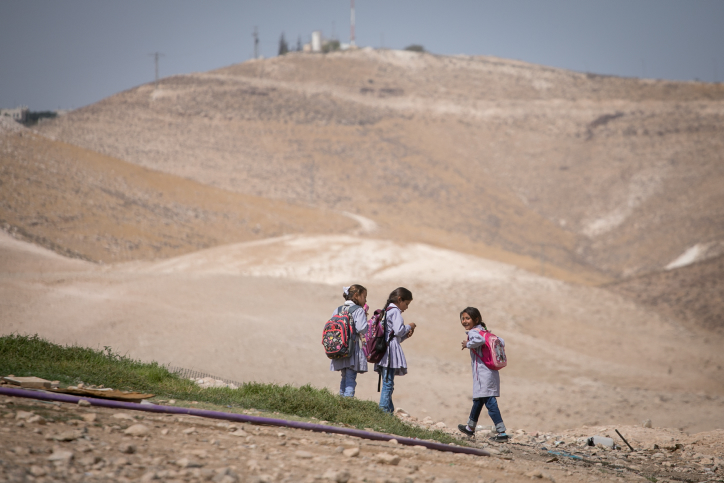
The Palestinians should not have waited for an impulsive, populist, and dangerous American president to shake off all that is left of the illusion that the U.S. could serve as an honest broker. Their official leadership, based in Ramallah, has been paralyzed by false promises, and has remained passive in the face of the ongoing colonization of the West Bank and East Jerusalem.
On the Palestinian side, the two major parties, Fatah and Hamas, have failed to complete the reconciliation efforts that began three months ago, with Egypt as broker. The Israeli government has, as usual, rejected any form of reconciliation between Fatah and Hamas, even after the latter softened its political program and embraced a Palestinian state in the West Bank and Gaza Strip.
The Palestinian Authority has instead become a colonial agent whose main function is to keep the empty peace process alive, so that the international community can absolve itself of responsibility, under the framework of international law, to stop Israel from swallowing whatever remains for a Palestinian state.
All these factors have stifled the rise of a Palestinian mass resistance movement with an alternative vision and strategy. Opposition to the Oslo process has always taken place in the form of frequent local uprisings, political activities, and intellectual debates and conferences. However, this has never translated into a serious and popular political force, operating as a third way, beyond the two major Palestinian parties.
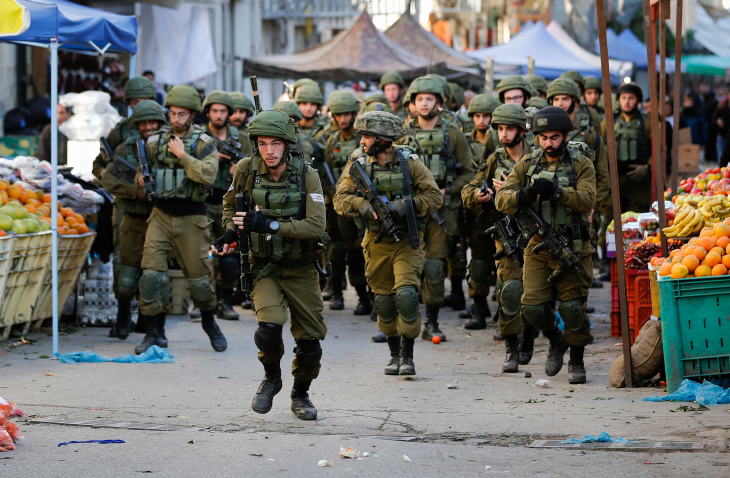
Inside Israel, progressive groups and brave activists have also failed to create a genuine anti-occupation mass movement due to the domination of the extreme right. Worse than that, these groups are being systematically targeted and labeled as traitors by the government.
Given all these political developments, there appear to be two necessary trajectories to challenge the traditional one. The first is an unarmed mass resistance movement, inspired by the model of the First Intifada. This trajectory will not evolve into sustainable waves of resistance without a clear support from the PA, and without a clear political vision that goes beyond the Bantustan-style reality promoted by the White House.
The second is embracing of the concept of one democratic state. Statements calling for this vision, which came from Palestinian leaders Saeb Erekat and Nabil Shaath immediately following Trump’s Jerusalem declaration, are still viewed by many as a scare tactic, and not reflective of a real intention on the part of the PA or even the ruling party Fatah. Nonetheless, these statements from top PA officials can help dispel criticism against those in the minority who have long been advocating for one state.
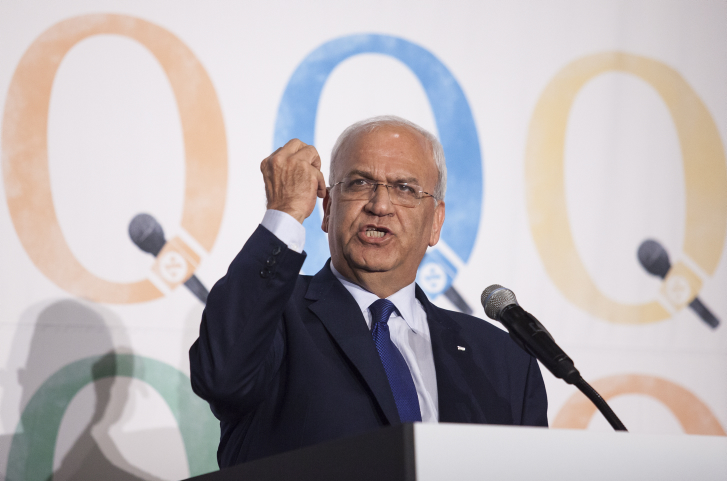
While several groups have tried to build a popular movement for one democratic state, these groups have remained relatively small with no serious effect on the ground.
Indeed, the impact of intellectual and theoretical literature on the one-state idea have been far greater than their political contribution. What has given real weight to these efforts is the enlistment of hundreds of respected academics, intellectuals, and activists — both Palestinians and Israelis — as well as hundreds of American and British Jews.
But the harder battle remains with Israelis, who have been heavily indoctrinated to Jewish nationhood. Bringing Israelis around to the one-state will not come by mere persuasion. Eventually, a massive and popular struggle will be needed.
This is a real challenge facing activists who promote a single, democratic. During one of my visits to South Africa, Rolf Meyer, the chief negotiator on behalf of the country’s defeated apartheid regime, told me that the white settler minority was no less racist when they reached the historic deal that transformed South Africa into a racially egalitarian country. He was referring to the fact that without the mass struggle, the South African apartheid regime would not have crumbled.
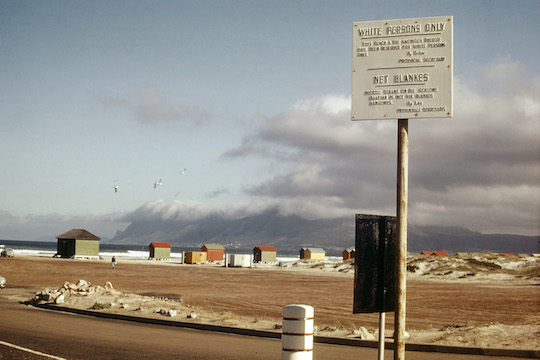
In order for the indigenous population to turn itself into a serious player in mobilizing the public toward a better future, unity is needed as a main source of strength. Equally important is the embrace of a moral political discourse based on full equality and social justice.
Differences and disagreements – tactical, intellectual, and organizational – among and within the different groups that embrace the same one-state goal are frequent. These disagreements are natural; the history of liberation movements tells us so. But failure to achieve a minimum standard of unity regarding vision, tactics, and means of struggle prevents us from obtaining our goal. Furthermore, it will result in serious human, social, political and material losses.
For example, we can postpone determining the disagreement over which form the future single democratic state should take: a binational/consociational one based on the sharing of power amongst major political, ethnic, and religious groups, or a state based on a majoritarian, unitary democracy comprised of individual citizens.
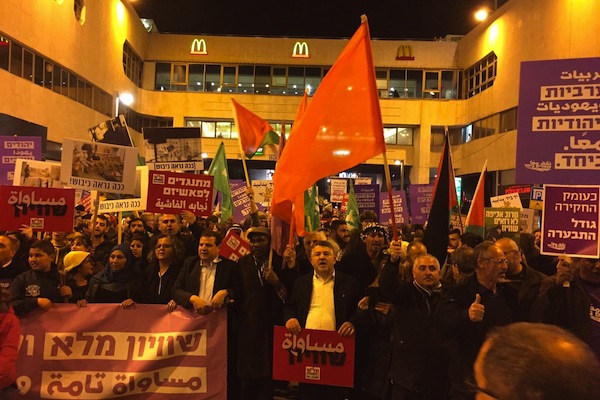
Priority should instead be given to the pressing issue of working together. The Oslo process has fragmented the Palestinian people and replaced the PLO’s political program of struggling for one state, dating back to the 1960s, with fractured political entities, leading to the aggravation of the conflict and the entrenchment of Israeli colonialism in Palestine.
We may not have the capability of building an organization like South Africa’s ANC; there are already many stronger players in the Palestinian political landscape. However, we could, if united, push forward the one-state paradigm, and gain supporters from the constituencies of Fatah and Hamas, the Palestinian parties in Israel, and supporters of the global BDS movement. These constituencies could exercise pressure on their leaderships to change their perceptions and political programs. This should be done in parallel to the efforts of Arab and Jewish activists to promote the one-state vision to Israeli society.
This is a supremely difficult challenge, and the long path to freedom and liberty requires patience, endurance, huge efforts, and sacrifices. But it is the only option that can save future generations from endless bloodshed, and lay the groundwork for a normal life in this war-torn land.
Awad Abdelfattah is a political writer and a former Secretary-General of the Balad party.
